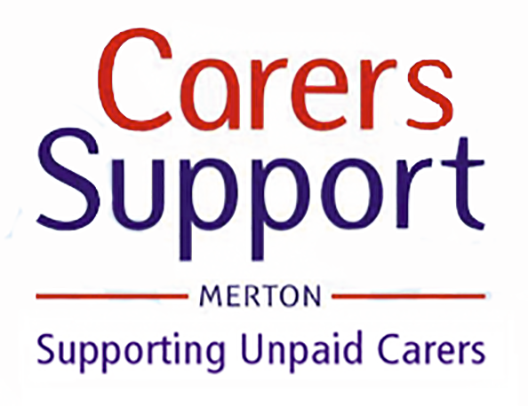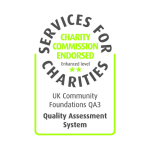Caring for a loved one can take its toll on your finances in any economic situation. The rising cost of living means it is now harder than ever for many Carers to meet basic living costs, or to replace essential household items. If this is you, then you are most certainly not alone, and help is available.
In order to reduce the impact of this crisis on your finances, you can take steps to:
- Review your budget
- Reduce costs and save money
- Maximise your income
Review your budget
Review your budget to see whether your income is sufficient to cover your essential housing costs, household bills and living expenses, such as food or travel to work.
There are some useful online budget tools to help:
When you have less money coming in through work and benefits than you need to cover your essential living costs, it is called a deficit.
If this is the case, you need to take action and get support now. You should do this even if you have no debts or have not missed any payments yet.
When you are struggling to meet your living costs, it is very easy to slip into using credit cards, borrowing from family and friends or seeking out emergency grants. These measures can help to give you time to look more closely at your situation and seek advice, but they are not the long-term solution.
Eventually you will get further into debt and you may find it impossible to borrow any more money. Grants are usually a one-off offer of support, and you will eventually find that you get to the stage where you have exhausted this form of support.
Specialist advice
If there is a deficit, you can consider whether there is a way you could reduce costs and save money. A specialist advisor can talk through money saving ideas.
A specialist advisor can also talk through ways of maximising your income. This means checking that you, and everyone in your household, is claiming all the benefits to which you are entitled, and/or increasing your income through work.
After establishing your essential living costs, and taking any action to set a realistic spending budget, you need to consider whether you have sufficient surplus to cover payments of any non-priority debts, for example, credit cards, loans etc. If you do not, then you also need to seek advice now. It is very important that you prioritise the right bills and debts. There are a number of ways to help deal with debts which could make your payments more manageable.
Other support
If you need emergency help with food, fuel or other essentials, see our emergency help section.
Worrying about your finances can impact on your mental health and wellbeing. If this is the case, then find sources of support and help on the mental health section of our website.



